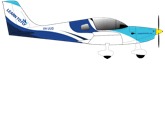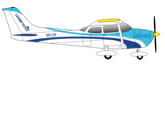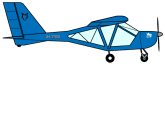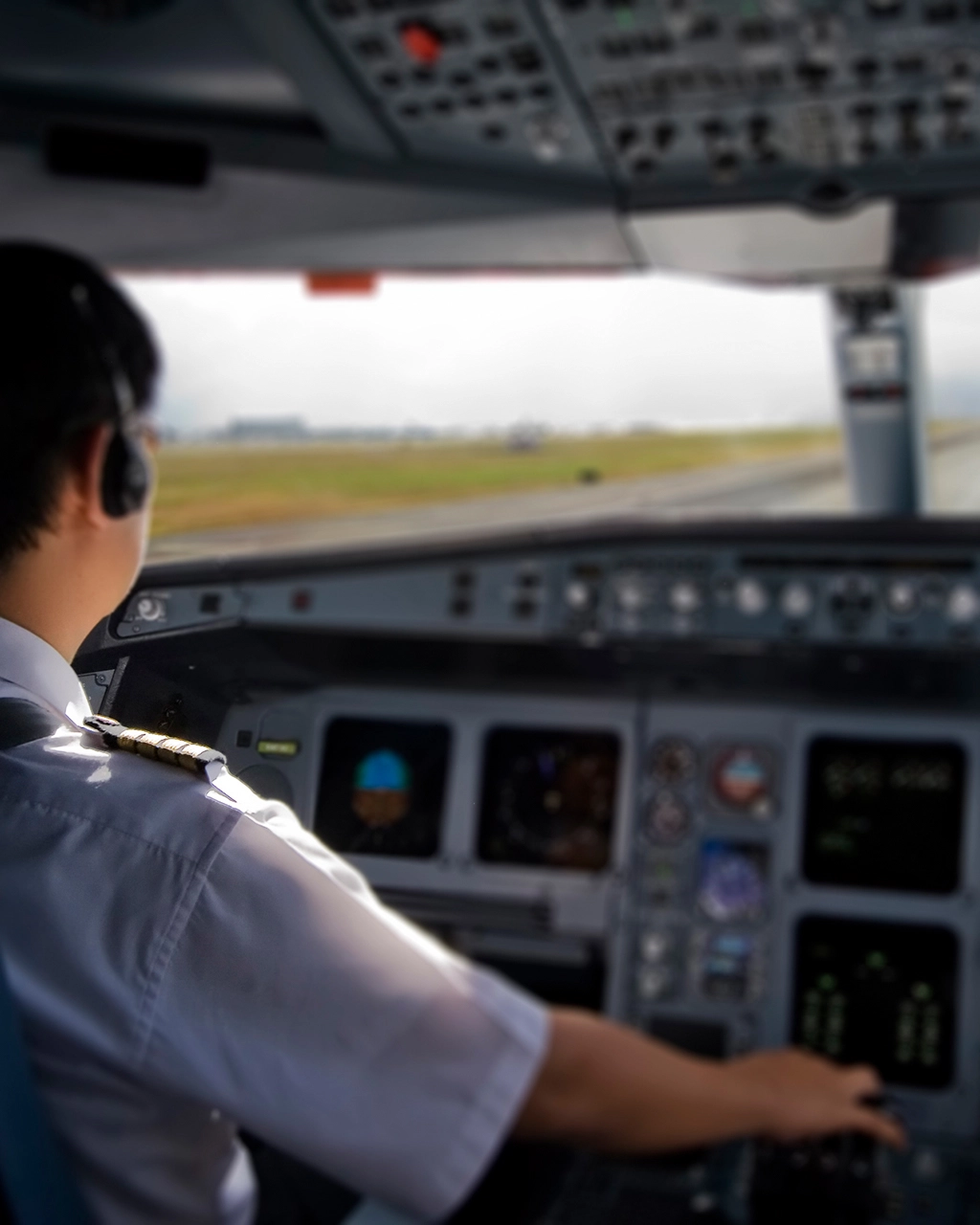
November 09, 2019
How Do Airlines Select Cadet Pilots?
What are airlines looking for when they select their cadet pilots?
There are more airline cadet pilot opportunities than ever before, but competition is still very strong. So how do airlines select cadet pilots? What are they looking for, and what makes you a stronger applicant than others?
Historically, airline pilot candidates were selected based on academic background and relevant industry experience. Over time, airline operators have recognised that there is far more to what makes a good pilot than this alone.
Captain Darren McPherson from ACS – Aviation Consulting Services is our specialist airline interview consultant. He runs our highly successful airline interview courses, which includes the Future Cadet Pilot Program (FCPP) and the Airline Interview Coaching Session. In this blog Darren shares some of the information that has helped guide over 100 airline cadet pilot applicants to success in the last 2 years.
Initial Applicant Screening
Initial screening and selection is a key element in identifying applicants who might be a good fit for a specific airline. It also provides an indication of who is likely to be able to cope with the intensity of a full-time flying training program.
Airlines have their own selection criteria that they adhere to when conducting initial cadet pilot application screening. This can include but is not limited to:
– Age
– Schooling and previous education
– University qualifications, both attempted and/or completed
– Previous flying or aviation-related experience
– Other relevant or additional qualifications
Cadet pilot applicants should check the key selection criteria for the airlines they are applying to. It’s important to know what will be looked at during initial screening.
Aviation English Proficiency (AELP)
Aviation English is the standard global language under ICAO AELP Standards. It is essential that airline cadet pilots can communicate effectively during both their training and their operational careers. This applies in normal day to day operations and more importantly, in emergency scenarios.
Airlines require that applicants pass an AELP test at a minimum of Level 4 proficiency. Even prior to the test, airlines assess an applicant’s English proficiency during initial screening and during the interview process, paying particular attention to:
– Vocabulary
– Overall fluency
– Spoken English and pronunciation
– Comprehension
– Sentence structure
For tips on improving your English skills, check out our previous blog on how to pass your ICAO Aviation English exam.
Group Skills & Exercises
Group skills and exercises form an increasingly important part of cadet pilot recruitment processes for nearly every airline. Airline flight crews feature multiple nationalities, personalities and cultural backgrounds both inside the cockpit and around the flight deck.
One of the most important things you can do in your interview is demonstrate your qualities as a team player that can work effectively with a range of people.
Some of the key things that airlines will look for during group activities include:
– Communication
– Leadership
– Teamwork
– Problem solving
– Decision making
– Situational awareness
– Workload management
Human Resources (HR) Questions
Another key component of how airlines select cadet pilots is the HR Interview. This interview explores your motivation to become an airline pilot, and also your background.
Airline interviewers will ask questions exploring your past experiences with a focus on how you overcame and learnt from past challenges.
Example questions to explore your motivation to become a pilot:
– What interests you the most about becoming an airline pilot?
– Which of your qualities are best suited to becoming a pilot?
– Why do you want to work for our airline?
Example questions exploring your past experiences:
– How did you overcome the challenges that you have experienced throughout your career or life?
– What is the most satisfying part of your career to date?
– What preparation have you done for today’s interview?
HR interviews can also be conducted in a panel format, and may be combined with technical aviation questioning.
Technical Evaluation
Even though it’s not a requirement to have any previous flying experience to apply for airline cadet pilot roles, technical knowledge is one of the best ways to demonstrate your motivation towards an airline pilot career.
The technical evaluation can include practical aspects of flying an aircraft, the role of an airline pilot, and knowledge about the aviation industry in general.
Airline interviewers understand that the level of technical knowledge varies between candidates, but it’s a great opportunity for you to communicate your motivation. Your technical knowledge demonstrates time spent preparing for not just the interview, but towards actually working in an airline pilot role in the future.
A great resource for technical knowledge is the Federal Aviation Authority (FAA) “Pilots Handbook of Aeronautical Knowledge” (2016), which is available through the US Government FAA website as a free download.
What Is The Best Way You Can Prepare?
There are many online tools available to help you prepare for each aspect of the airline cadet pilot interview process, but the best preparation knowledge comes from those who have past experience and success.
Learn To Fly’s Airline Interview Coaching Session has been created specifically to give airline pilot applicants the best possible preparation. The Future Cadet Pilot Program (FCPP) also offers practical flying training, which makes a valuable addition to your technical knowledge.
For further information or to register your interest in these modules, email hello@learntofly.com.au or visit https://drift.me/learntofly/meeting to book a meeting and school tour.


